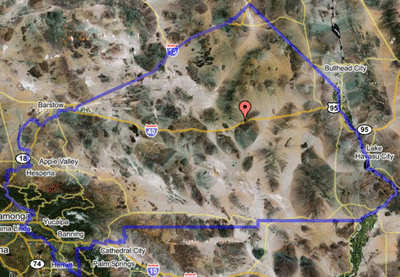(Cross-posted from The California Courage Campaign)
The Public Policy Institute of California released its post-election poll of California general election voters this week and the results seem to point to yet another reason Schwarzenegger didn't get swept away in the Democratic wave this year: voters really like the way the governor and the Democrats in the legislature played nice this year.
George Skelton breaks it down:
The poll showed that 53% of voters — including majorities of Democrats, Republicans and independents — approve of the way the Legislature and governor "are working together in making public policy." Only 36% disapprove.
For more on this and some promising signs that voters will support some common sense ballot initiative reforms, join me over the flip.
To give you a sense of how far Schwarzenegger has come since his smackdown last year, in 2005 the numbers were 14% approve and 76% disapprove.
A similar dynamic exists among the job approval numbers.
Schwarzenegger's job performance now is approved by 60% of voters, compared to 39% a year ago. The Legislature's approval still is a relatively low 36%, but it's way up from 20%.
No wonder Arnold has annointed himself the poster boy of bi-partisan moderation.
Far more surprising than these numbers were the results regarding the initiative process.
A majority of voters, 52%, have confidence in the legislature to make policy in Sacramento. Interestingly, the exact same percentage has confidence in California voters to set policy at the ballot box via voter referendums. An odd statistic, don't you think, since in election after election voters reject most initiatives and in fact are quite content to set no policy at all.
Yet a solid 69% of voters are either very or somewhat satisfied with the way the initiative process works. That's not to say they don't think there's room for reform, however. The "somewhat satisfied" folks are a full half of the electorate and likely fuel the 67% desire for some change to the initiative process (35% want major reforms, 32% want just minor reforms.) That's good news for those of us who seek an overhaul.
In addition, voters signal their ability to separate their opinion of the initiative process in general, which they like, from their perception of the initiatives on this year's ballot specifically, which they did not.
- 63% of voters feel the wording of the ballot initiatives was "too complicated and confusing."
- 60% felt 13 initiatives was too many (by contrast, in 2005 only 41% felt 8 initiatives was too many.)
- 78% of voters felt that too much money was spent by initiative campaigns, especially on 86 & 87.
As for what reforms voters would support:
- 80% of voters would support a period of time devoted to the initiative sponsor and the legislature meeting to try to come to a compromise.
- 84% support "increasing public disclosure of funding sources of signature gathering and initiative campaigns."
This tells me that voters don't want to scrap the initiative process, they like having a say. But they see that the process needs to be reformed and they provide a blueprint for some real common sense reforms that can improve the process. The question is, will they approve them in the form of an inititive to reform the initiative process or will they yet again shoot another decent one down at the ballot box?
 With Republican Congressman Jerry Lewis expected to be indicted for corruption charges, strategists on both sides are gearing up and discussing potential candidates in California’s 41st congressional district.
With Republican Congressman Jerry Lewis expected to be indicted for corruption charges, strategists on both sides are gearing up and discussing potential candidates in California’s 41st congressional district.